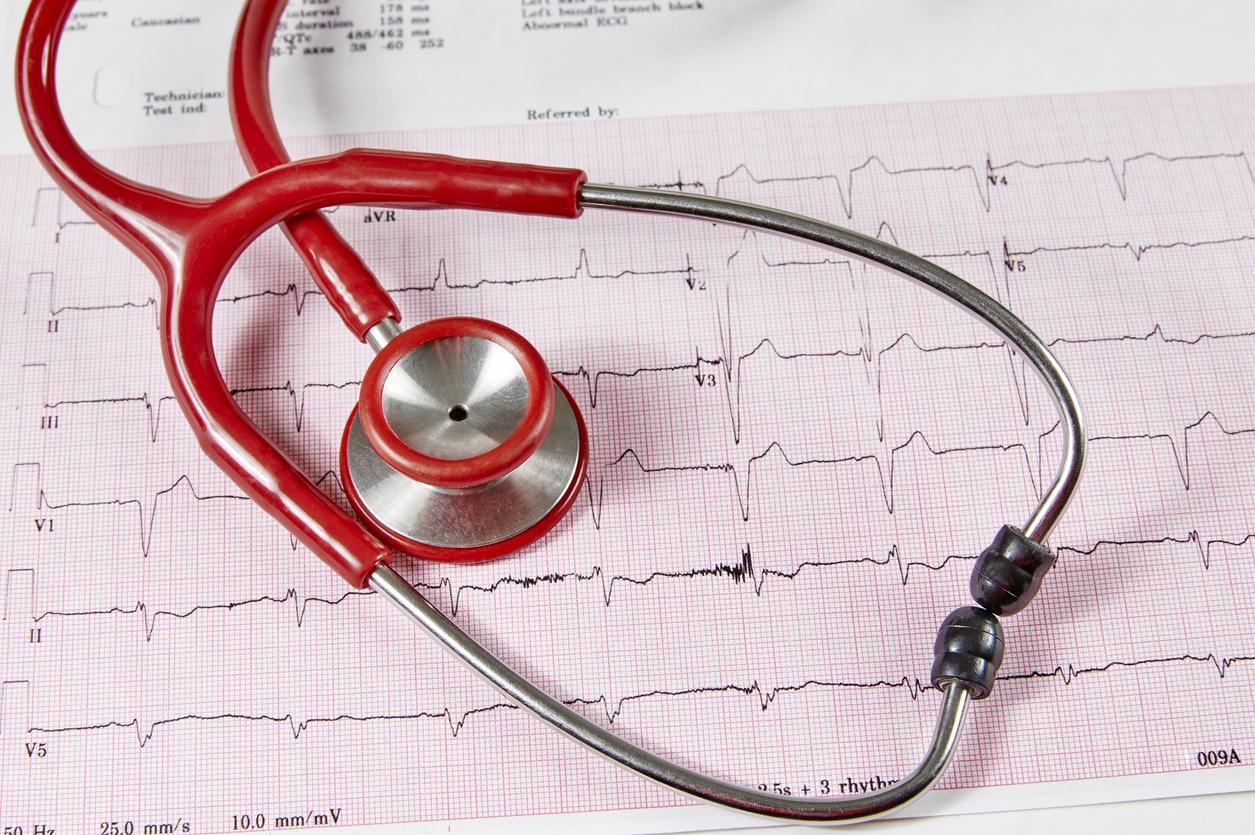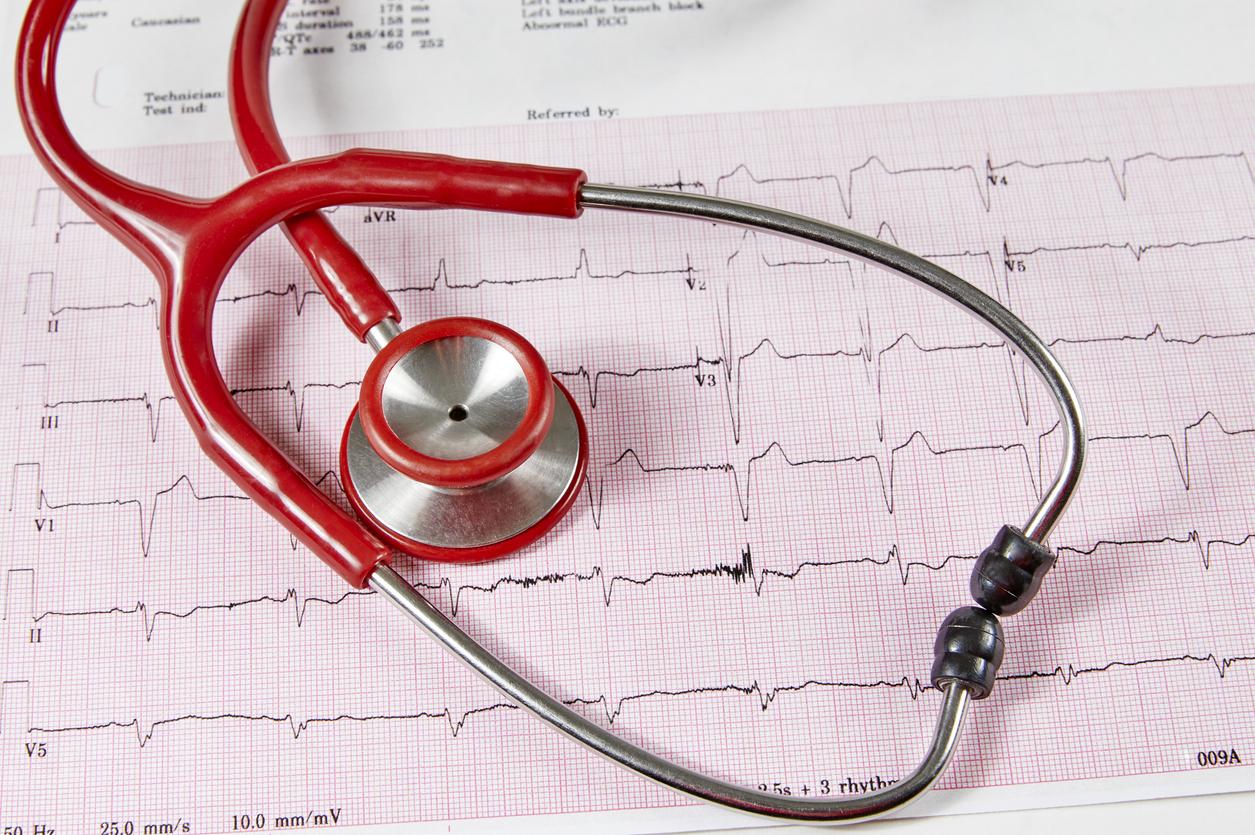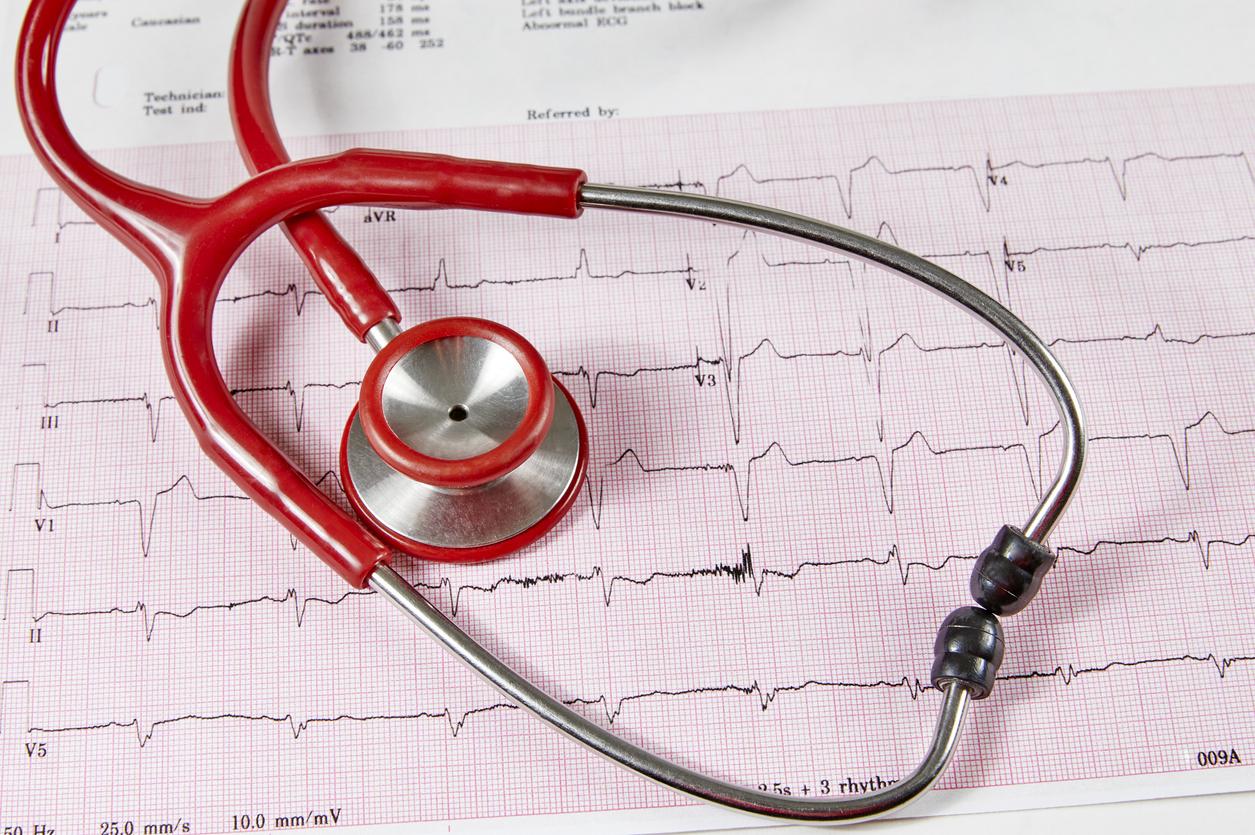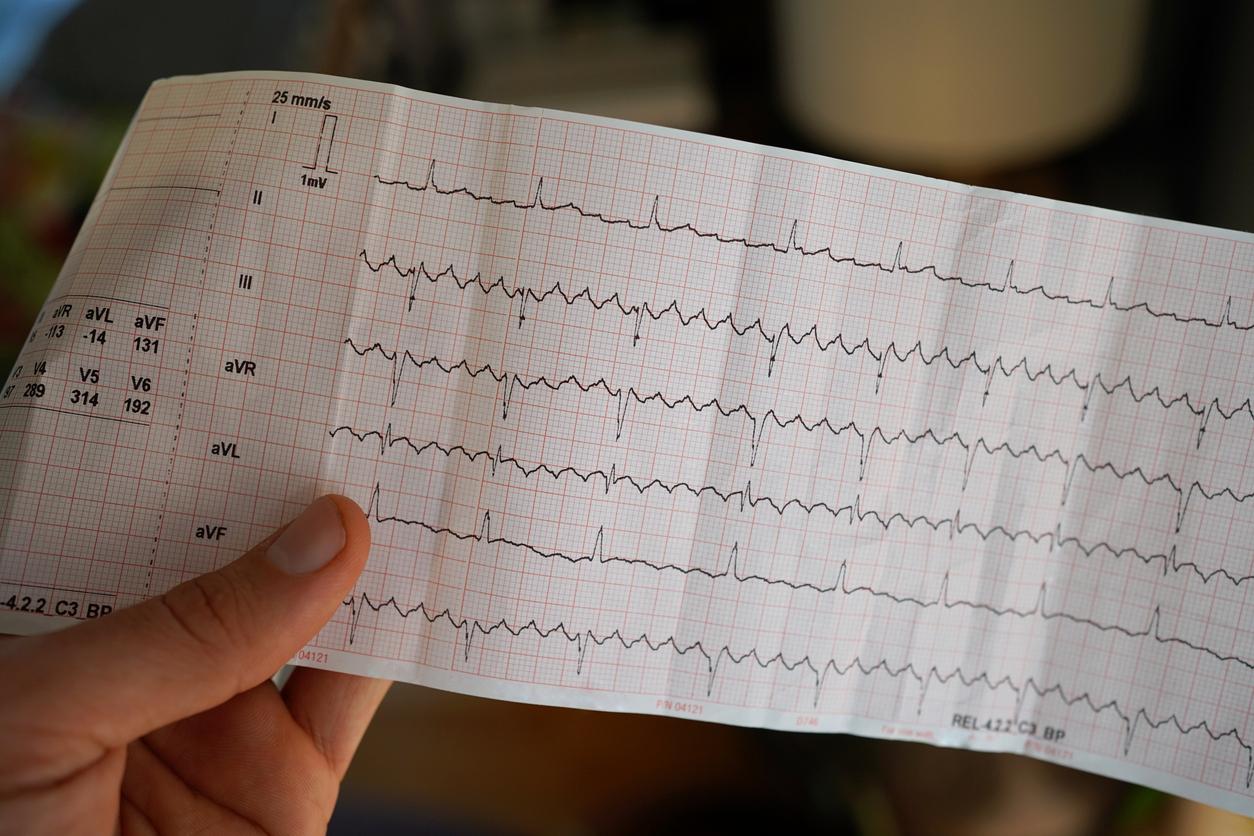Scottish actor Sean Connery died on October 31 of respiratory failure caused by pneumonia. The former Agent 007 also suffered from atrial fibrillation, a condition that increases the risk of heart failure and stroke.
-1606746788.jpg)
- The actor’s final months were difficult, but he passed away peacefully in his sleep.
- Atrial fibrillation would affect 40 million people worldwide and around 750,000 in France
James Bond has lost its first representative on the big screen. Scottish actor Sean Connery died on October 31 at the age of 90. He succumbed to respiratory failure caused by pneumonia. He also suffered from atrial fibrillation. This heart rhythm disorder increases the risk of heart failure and stroke.
An electric storm
If he died peacefully during his sleep, Sean Connery lived through painful moments. His wife, Micheline Roquebrune, revealed to the DailyMail that the last months of the actor were difficult. “It was not a life for him, he was unable to express himself lately. At least he died in his sleep“, she confided. His step-granddaughter, French journalist Stephanie Renouvin, wanted to highlight the sweet death of the former 007 agent.”When he stopped doing James Bond, he wanted to prove that he was something other than a beautiful envelope, with a devastating smile, mischievous and seductive eyesshe explained to BFM-TV. We have the only consolation today to say that he died during the night. He died slowly. It blew in the night around half past one in the morning.”
And we know today that the actor suffered from atrial fibrillation. Researchers estimate that this disease affects 40 million people worldwide. In France, it concerns approximately 750,000 people. This disorder is characterized by an irregular and usually abnormally fast heartbeat. The movements of the heart muscle are no longer harmonious and synchronized. This is due to a “electric storm” in the cardiac conduction system where the atria no longer contract at the right rate to the detriment of the evacuation of blood by the heart.
Risk factors
To be treated as effectively as possible, this disease must be detected as soon as the first symptoms appear. These can be a feeling of fatigue, palpitations, shortness of breath or dizziness. By promoting blood stagnation in the atria of the heart, atrial fibrillation can lead to embolism and stroke.
Factors can increase the risk of catching the disease. Birth weight, for example, can influence atrial fibrillation. With a birth weight of around 4 kg, the risk of developing the disease in adulthood increases by 30%. Even more impressive, tobacco increases the risk of stroke in patients with atrial fibrillation by 66% to 84%. To avoid risks, it is important to regularly monitor the absence of high blood pressure.

.

















